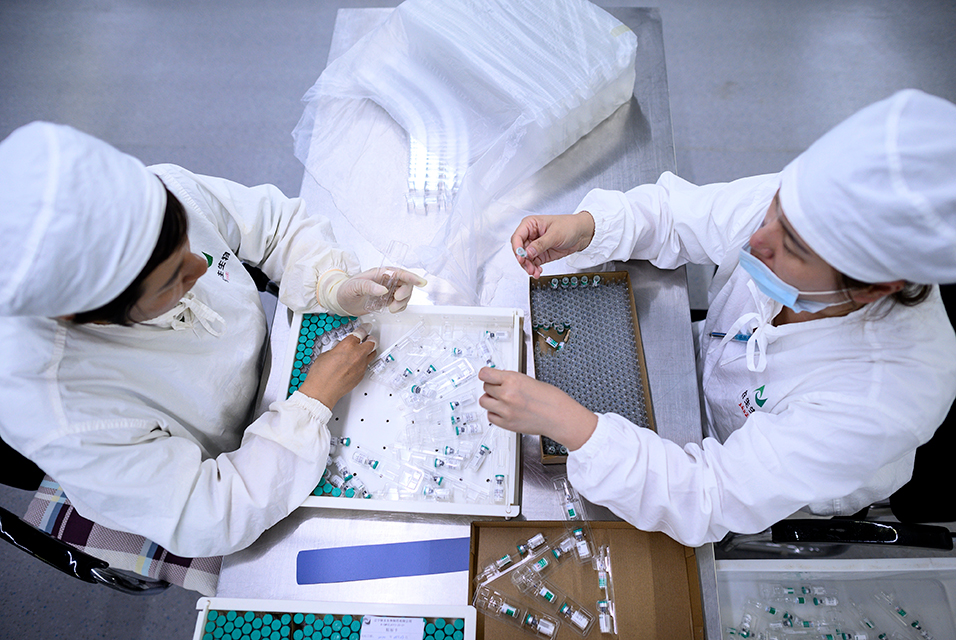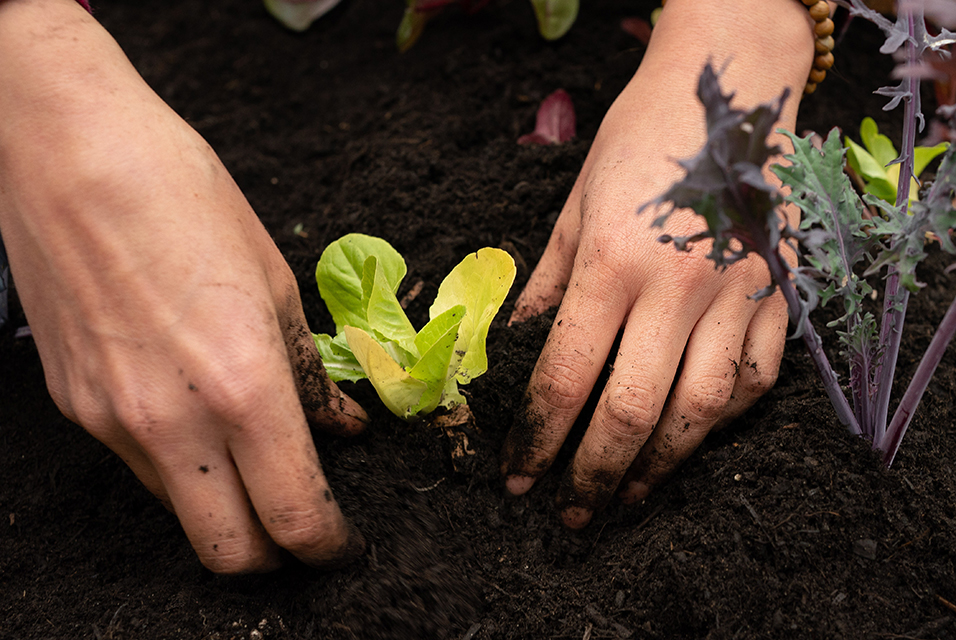SHENYANG (AFP).- Inside one of the Chinese labs racing to create a coronavirus vaccine, researchers work weekends, lab monkeys are in short supply and plans are being made for human trials abroad.
Yisheng Biopharma, a company based in the northeastern city of Shenyang, has been working non-stop since January to find the silver bullet against the disease that emerged in China late last year.
A resurgence of cases in Beijing -- after China had largely brought the virus under control -- has highlighted the urgency for the world to find a vaccine against the coronavirus, which has killed more than 450,000 people around the world.
Yisheng is better known for making rabies vaccines, but it has converted one of its nine workshops into a coronavirus inoculation production line and will recruit up to 50 extra workers.
The company is still in the early stages of development. But it will take the risk of starting production of its vaccine in September, before completing clinical trials, so the shots are ready sooner for the public if the product is approved.
"This vaccine must appear quickly, and it is impossible to wait until the next epidemic season to complete the trial and the third epidemic season to use the vaccine," Yisheng chairman Zhang Yi told AFP.
Zhang said his researchers had not had any rest on weekends since they got the gene sequence of the coronavirus, on the second day of Chinese New Year in late January.
"There is too much work to do," he said.
Pricey monkeys
The company's planned vaccine is at the animal testing stage, which precedes human clinical trials.
Zhang said tests on mice and rabbits had shown good results, giving the animals high levels of neutralising antibodies.
The vaccine is expected to not only protect the healthy against infection, but also heal patients with COVID-19, according to the company.
The next step will be to test it on monkeys, which have become expensive due to high demand from labs testing an array of COVID-19 antibody drugs and vaccines, according to Yisheng chief executive David Shao.
Yisheng used to pay between 10,000 and 20,000 yuan ($1,400 and $2,800) each for macaques, Shao said.
Now each animal is worth 100,000 yuan, according to Shao.
Chinese labs mainly use rhesus and cynomolgus macaques, farmed in the country's southern provinces.
China is a large provider of lab monkeys, exporting 20,000 of them last year and using 18,000 in local research, said Liu Yunbo, chairman of Beijing HFK Bioscience, a lab animal provider.
"This year's consumption is quite large, so the supply is not enough," he said.
'Racing for time'
Yisheng has spent about $3 million on its vaccine research so far, with plans to start production in a few months and make it available to the public this year.
"It's more expensive than other vaccine products," Shao said, adding that there was a shortage of resources and research material.
"We are really racing for time."
The company plans to spend another $180 million for the clinical trials following the animal tests.
"We can have as many as 10 production lines and produce 500 million doses a year," Zhang said.
With too few infections now in China to test the vaccine on humans, Yisheng plans to apply for clinical trials in the United States, Europe, Singapore and Australia in collaboration with a US company.
Thirteen clinical trials are taking place around the world, five of them in China.
Zhang said competitors were likely to beat his company in the race to produce the first vaccine, but that was not his priority.
"It's about who can produce the quantity. Who can get good results and make a high quality and effective product, he said.
"This is what really counts. Being first doesn't mean anything."
© Agence France-Presse










